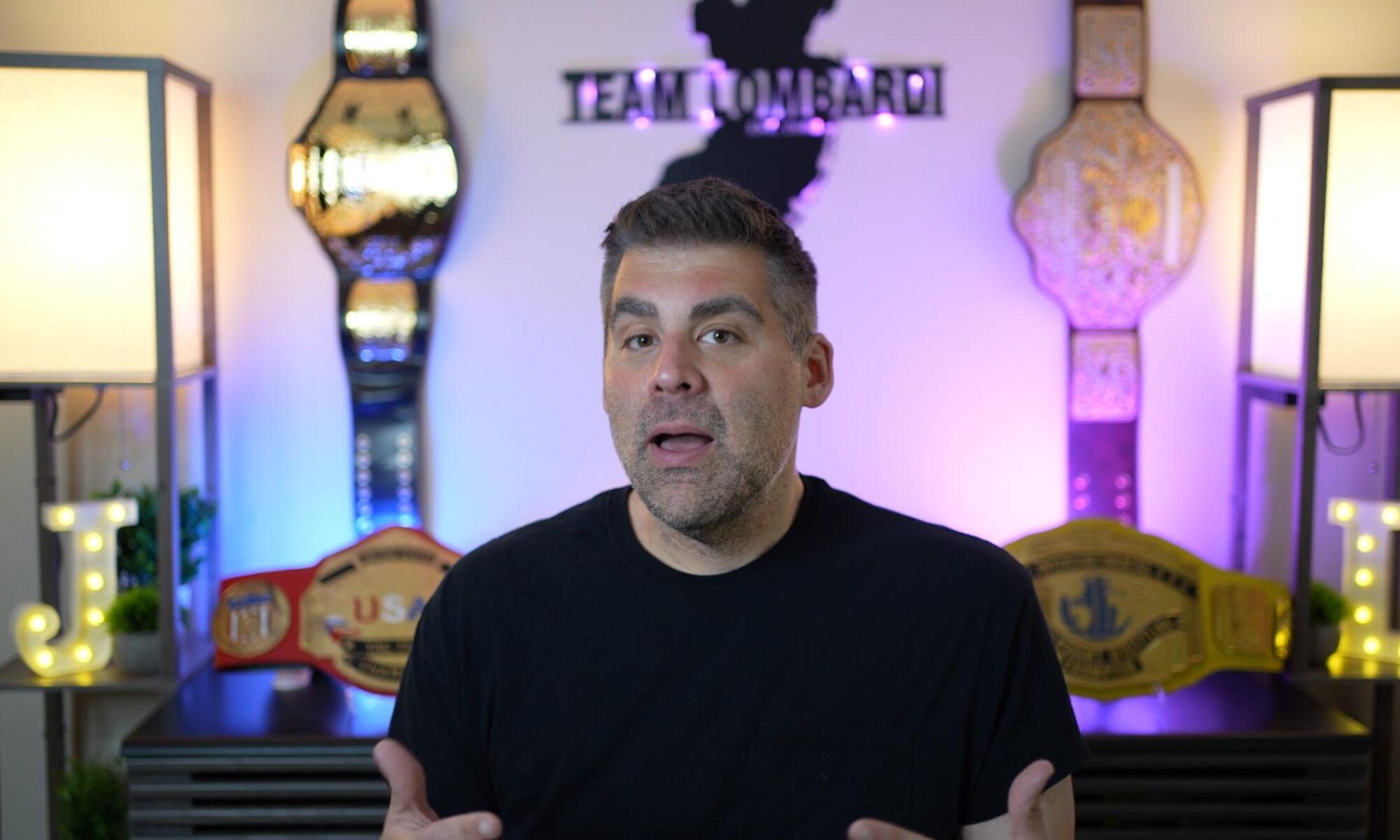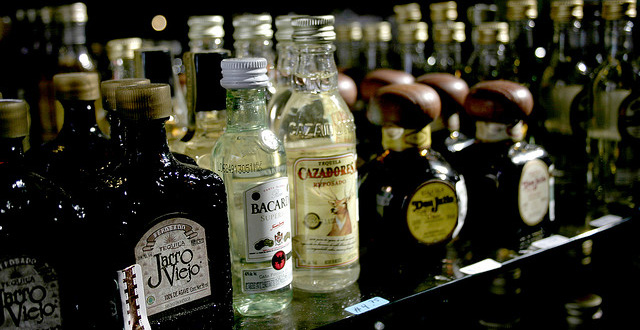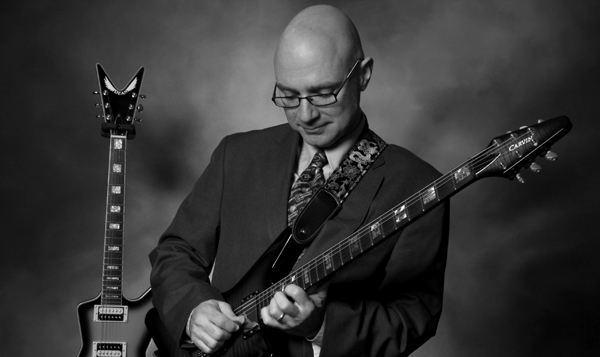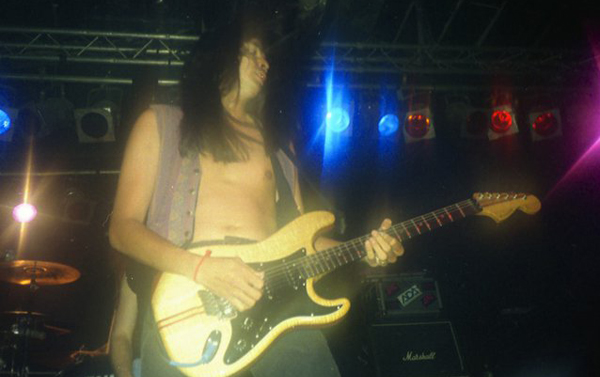( #DrinkingMadeEasy, #Campari )
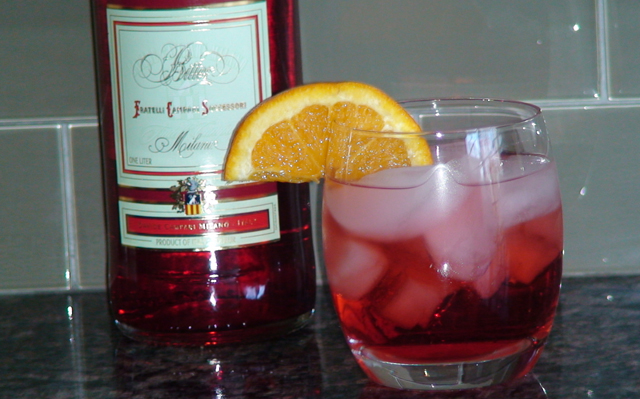
My first article for Drinking Made Easy is up live! Please go to the site and check it out.
Drinking Made Easy: Getting Bitter(s) with Campari
Funny note: My first commenter already owned me for suggesting that Campari is still made from bugs. I think I am going to like writing for this blog.
Update: DME’s links are down, here is the full story…
Like most people of Italian decent, my first experience with Campari was at a relative’s house. “Here… drink this” as a red concoction was shoved into my hand. Was I about to drink a guido version of a Shirley Temple? No. The back of my tongue immediately started the detecting the presence of bitterness and it soon become the dominating sensation.
After I finished half of the drink, my relative informed me I just drank “bug juice.” Spitting out the sip in progress, I yelp a panicked “seriously?”. I just received a nod. I thought I was detecting B.S., so I decided to do some investigation about this beverage to get the real scoop.
Campari is a bitters that hails from Italy. It was “officially” created in the late 1800s and the recipe, like Coca-Cola, remains a secret. There is one aspect of the formula that is confirmed: the deep red color was achieve using carmine dye composed of crushed cochineal insects. Notice that I used the term “was” in my previous sentence… it is a bit unclear if the carmine dye is still used or if it was replaced with an artificial substitute (I am willing to bet that it has not).
Regardless of its chemical makeup, Campari is an acquired taste. I decided to spend the weekend trying to come up with simple cocktail with a Campari base, it was not an easy task. Traditional mixers like cranberry and orange juice enhance the bitterness but do not compliment it (and the juice was too sweet). I tried a few sodas, both clear and brown, with minor success (standard cola is not as bad as you would think). I also tried pairing it with vodka, which was passable but not the winner I was hoping for. I was out of my league and decided to search the Internet for suggestions… which lead me to the Americano.
The Americano combines Campari with Vermouth and club soda. I thought it was an odd name for an Italian beverage, so I did some digging: The drink was originally called “Milano-Torino”, but it became popular with American tourists visiting Italy during prohibition. The crafty Italian bartenders decided to change the name to lure in said tourists and the name stuck. Another interesting fact about the Americano – iIt was the first drink ordered by James Bond in Casino Royale. Iif it is good enough for 007, it is good enough for me!
Having become acclimated to the bitter flavor of Campari all weekend, the Vermouth added the mellow clean element that I was searching for. With the right combination of flavors, the bitterness of the Campari mingles well and becomes an enhancing characteristic in the drink. Served cold, the drink is refreshing and makes for an excellent summertime cocktail. Bugs or not, this is a drink I could get behind.
The Americano:
Ingredients:
1 oz Campari
1 oz sweet vermouth
club soda
lemon twist or orange slice for garnish
Directions:
1. Fill an old fashioned glass with ice cubes
2. Add the Campari and Vermouth together
3. Top off with club soda and garnish with citrus fruit
It is recommended that you drink a Campari cocktail before you enjoy a meal to help open up the taste-buds.
